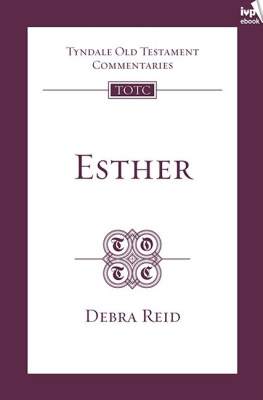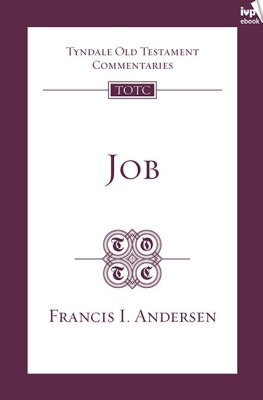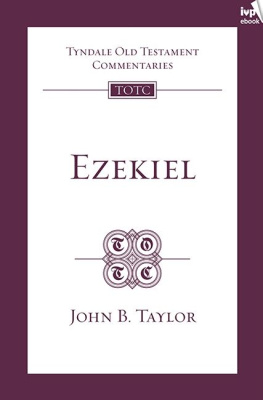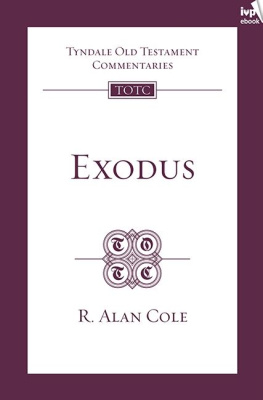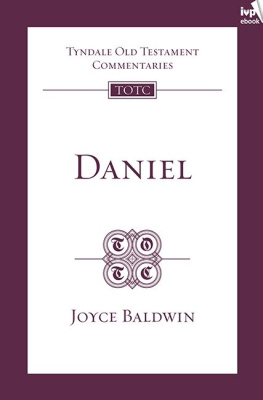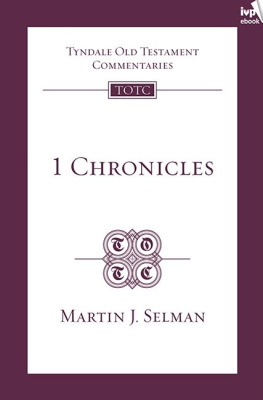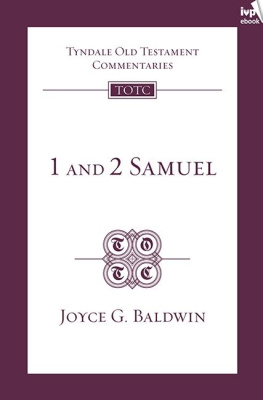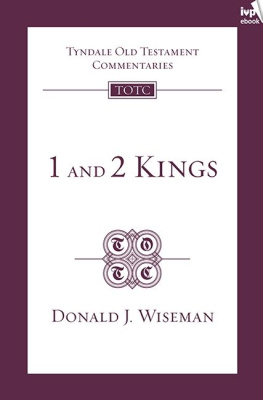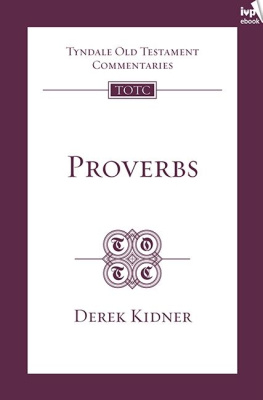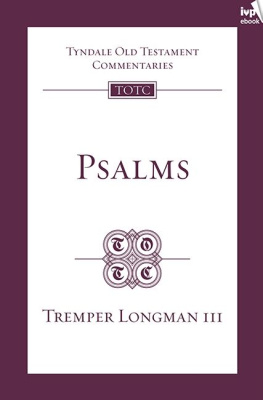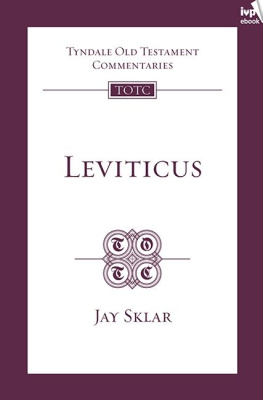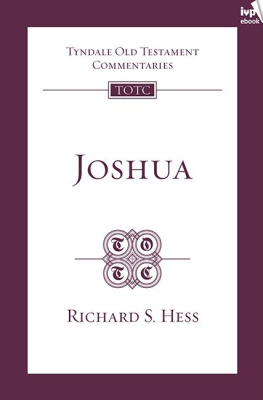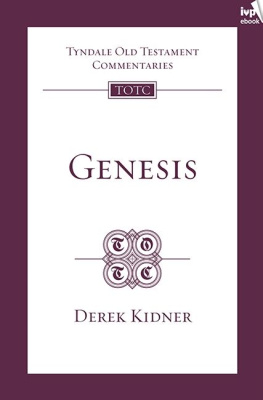Debra Reid - Esther (TOTC)
Here you can read online Debra Reid - Esther (TOTC) full text of the book (entire story) in english for free. Download pdf and epub, get meaning, cover and reviews about this ebook. year: 2008, publisher: Inter-Varsity Press, genre: Religion. Description of the work, (preface) as well as reviews are available. Best literature library LitArk.com created for fans of good reading and offers a wide selection of genres:
Romance novel
Science fiction
Adventure
Detective
Science
History
Home and family
Prose
Art
Politics
Computer
Non-fiction
Religion
Business
Children
Humor
Choose a favorite category and find really read worthwhile books. Enjoy immersion in the world of imagination, feel the emotions of the characters or learn something new for yourself, make an fascinating discovery.
- Book:Esther (TOTC)
- Author:
- Publisher:Inter-Varsity Press
- Genre:
- Year:2008
- Rating:3 / 5
- Favourites:Add to favourites
- Your mark:
- 60
- 1
- 2
- 3
- 4
- 5
Esther (TOTC): summary, description and annotation
We offer to read an annotation, description, summary or preface (depends on what the author of the book "Esther (TOTC)" wrote himself). If you haven't found the necessary information about the book — write in the comments, we will try to find it.
Esther (TOTC) — read online for free the complete book (whole text) full work
Below is the text of the book, divided by pages. System saving the place of the last page read, allows you to conveniently read the book "Esther (TOTC)" online for free, without having to search again every time where you left off. Put a bookmark, and you can go to the page where you finished reading at any time.
Font size:
Interval:
Bookmark:
Volume 13
Series Editor: David G. Firth
Consulting Editor: Tremper Longman III
An Introduction and Commentary
Debra Reid
Debra Reid, 2008
All rights reserved. This eBook is licenced to the individual who purchased it and may not be reproduced, stored or transmitted, in any form, or by any means, electronic, mechanical, or otherwise, except for the sole, and exclusive use of the licensee, without prior permission of the publisher or the Copyright Licensing Agency.
Unless otherwise stated, quotations from the Bible are from the THE HOLY BIBLE, NEW INTERNATIONAL VERSION, NIV Copyright 1973, 1978, 1984, 2011 by Biblica, Inc. Used by permission. All rights reserved worldwide.
First published 2008
ISBN: 9781783592395
Series design: Sally Ormesher
Illustration: Kev Jones

INTER-VARSITY PRESS
Norton Street, Nottingham NG7 3HR, England
Email:
Website: www.ivpbooks.com
Inter-Varsity Press publishes Christian books that are true to the Bible and that communicate the gospel, develop discipleship and strengthen the church for its mission in the world.
Inter-Varsity Press is closely linked with the Universities and Colleges Christian Fellowship, a student movement connecting Christian Unions in universities and colleges throughout Great Britain, and a member movement of the International Fellowship of Evangelical Students. Website: www.uccf.org.uk
Additional notes
The decision to completely revise the Tyndale Old Testament Commentaries is an indication of the important role that the series has played since its opening volumes were released in the mid-1960s. They represented at that time, and have continued to represent, commentary writing that was committed both to the importance of the text of the Bible as Scripture and a desire to engage with as full a range of interpretative issues as possible without being lost in the minutiae of scholarly debate. The commentaries aimed to explain the biblical text to a generation of readers confronting models of critical scholarship and new discoveries from the Ancient Near East, while remembering that the Old Testament is not simply another text from the ancient world. Although no uniform process of exegesis was required, all the original contributors were united in their conviction that the Old Testament remains the word of God for us today. That the original volumes fulfilled this role is evident from the way in which they continue to be used in so many parts of the world.
A crucial element of the original series was that it should offer an up-to-date reading of the text, and it is precisely for this reason that new volumes are required. The questions confronting readers in the first half of the twenty-first century are not necessarily those from the second half of the twentieth. Discoveries from the Ancient Near East continue to shed new light on the Old Testament, and emphases in exegesis have changed markedly. Whilst remaining true to the goals of the initial volumes, the need for contemporary study of the text requires that the series as a whole be updated. This updating is not simply a matter of commissioning new volumes to replace the old. We have also taken the opportunity to update the format of the series to reflect a key emphasis from linguistics, which is that texts communicate in larger blocks rather than in shorter segments such as individual verses. Because of this, the treatment of each section of the text includes three segments. First, a short note on Context is offered, placing the passage under consideration in its literary setting within the book, as well as noting any historical issues crucial to interpretation. The Comment segment then follows the traditional structure of the commentary, offering exegesis of the various components of a passage. Finally, a brief comment is made on Meaning, by which is meant the message that the passage seeks to communicate within the book, highlighting its key theological themes. This section brings together the detail of the Comment to show how the passage under consideration seeks to communicate as a whole.
Our prayer is that these new volumes will continue the rich heritage of the Tyndale Old Testament Commentaries and that they will continue to witness to the God who is made known in the text.
David G. Firth, Series Editor
Tremper Longman III, Consulting Editor
In June 2006, I was privileged to hear the Chief Rabbi, Dr Jonathan Sacks, deliver a lecture entitled Living as a biblical people in a secular age. In his lecture, the Chief Rabbi took the following themes: the importance of rest, learning, community, trust in times of insecurity and uncertainty, and maintaining a sense of destination (our part in the eternal narrative). What an apt summary of the challenge that the book of Esther presents to us today! In the course of this project, I have been surprised again by the present relevance of this ancient story. It is a story written to inspire and challenge us, and to move us to celebrate the moments in our own life stories for which we are truly grateful. I hope you will find time to sit down and read the story of Esther in one sitting. Its meaning is to be found most clearly in its wholeness, although there are significant pointers to that meaning in its individual units. This commentary attempts to give due credit both to the storys literary finesse and to its didactic purpose (hence the introductory section and, in the commentary itself, the employment of the headings context, comment and meaning). But, like all stories, its impact remains personal as you relate it to your own unique story. Wherever appropriate, I have used section headings that employ the wording of the biblical text (in inverted commas) in order to emphasize the way in which the divisions I have used rely on emphases within the text itself. Due to its widespread use in churches today, I have used the New International Version as the basic English translation, quotations from which are given in italics. Other versions have been consulted, and I have indicated where I found their renditions particularly interesting. I should perhaps stress that in a book like Esther, with its careful literary design, many of its design features are hidden in translation, hence the frequent comment on the Hebrew text itself.
I am indebted to many other commentators whose insights have proved invaluable, not least Joyce Baldwin, the writer of the first Tyndale Commentary on Esther. The bibliography lists the works that I have consulted regularly, and I recognize that this Commentary would never have emerged without convenient access to such resources of knowledge and understanding. It is therefore with great gratitude that I record the generous assistance of Mrs Judy Powles, Librarian at Spurgeons College. I was originally invited to write this commentary by the former Series Editor for the Tyndale Old Testament Commentaries, Dr Martin Selman, who died in December 2004. Having worked with Martin for over seventeen years, I owe much of my own love for the Old Testament to his inspiration, example and encouragement. I am thankful to David Firth, the newly appointed Series Editor, for continuing Martins legacy by offering me his own patient, insightful and encouraging assistance.
Finally, I record my thanks to all those who have suffered my obsession with Esther over these last two years, including my colleagues at Spurgeons College, my fellow church members at Horley Baptist Church and my family. Special thanks are reserved for my husband David, who has undertaken more than his fair share of home and family duties recently. I dedicate this book to our three lovely boys, Peter, Matthew and Andrew. I hope Esthers story will inspire them, and that they, with us all, will one day understand their own life stories, whatever twists and turns they may take, as examples of Gods intervening and saving activity at work in our world today.
Font size:
Interval:
Bookmark:
Similar books «Esther (TOTC)»
Look at similar books to Esther (TOTC). We have selected literature similar in name and meaning in the hope of providing readers with more options to find new, interesting, not yet read works.
Discussion, reviews of the book Esther (TOTC) and just readers' own opinions. Leave your comments, write what you think about the work, its meaning or the main characters. Specify what exactly you liked and what you didn't like, and why you think so.

